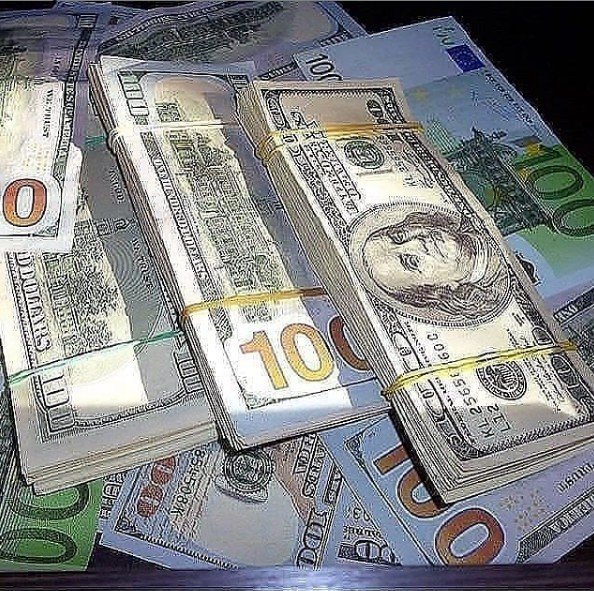
Sometimes, making money is really not as hard as investing money. A proper investment plan can turn your little money into lasting riches. In fact, if you invest effectively enough, you could eventually live off the earnings and interest from your investments.
How to Invest Money
Read: How to develop a communication strategy
- Open a money market account. Money market accounts are savings accounts that typically require a higher minimum balance but pay a much higher interest rate. Often, this rate is in line with the current market interest rates. Your money is fairly accessible, although the bank may place limits on how much you can withdraw and how often. A money market account shouldn’t be used for your emergency fund. To open a money market account, consider banks with the best interest rate and minimum deposit requirements that meet your needs and your budget.
When you open an account, read your disclosure statement carefully. Make sure you understand the interest rate, whether it is fixed or variable, and when the bank pays interest. Check the maturity date, and evaluate any penalties for early withdrawal. - Pick stocks in companies and sectors you understand. This enables your research on stocks to be easy. As a beginning investor, you don’t need a broker to start investing in the stock market. You can use a dividend reinvestment plan (DRIP) or direct stock purchase plan (DSPP) to bypass broker fees and commissions and purchase stock directly from the company. You can start investing small amounts, even as little as $20 or $30 a month, using these direct plans.
- Consider a retirement account. Retirement accounts allow you a tax-free way to save for retirement. The most common options are the 401(k) and the IRA. A 401(k) is set up through your employer, while you open an IRA individually. With a traditional IRA, you can contribute up to $5,500 yearly tax-free. You’ll pay taxes when you withdraw money during retirement. You also have the option of a Roth IRA, which is not tax-free at the time you contribute. However, retirement withdrawals from a Roth IRA are tax-free. All IRAs generate compound interest, which means the interest your money earns is re-invested into your account, generating still more interest.
- Buy Bonds. Bonds are fixed-rate securities and they can be used to generate a steady income. Essentially, a company or government borrows the face value of the bond and agrees to pay that money back with interest. This produces income for you regardless of what happens in the market as they safeguard your investment against inflation.
- Invest in Gold or Silver. Investing in precious metals provides permanence and stability for your portfolio. Gold and silver prices tend to rise during times of uncertainty. Geopolitical events and instability play a role in this. Precious metals aren’t subject to tax and can be stored and traded fairly easily.
- Real Estate. Real estate investment is advisable, especially for long term investment. Your real estate investment can be active or passive. Active investment, such as trading properties or flipping houses, is riskier because a property isn’t particularly liquid. If you need to get rid of it, you may not be able to find a buyer.
Passive investment is less risky and may be a good place to start a real estate investment. A popular option is to buy shares in a real estate investment trust (REIT). Each share represents a diverse bundle of properties, kind of like a mutual fund for real property. You can purchase shares through a broker. - Currency Market. Forex, the international currency exchange market, is the largest financial market in the world. Currencies rise and fall in relation to each other, primarily based on the strength of each country’s economy. To successfully trade currency, you need a strong understanding of geopolitical trends and events. Be prepared to read a lot of international news every day so you can spot opportunities. It’s usually smart to focus on one or two currencies so you can thoroughly research those countries’ economies and keep up with the latest news.
.



